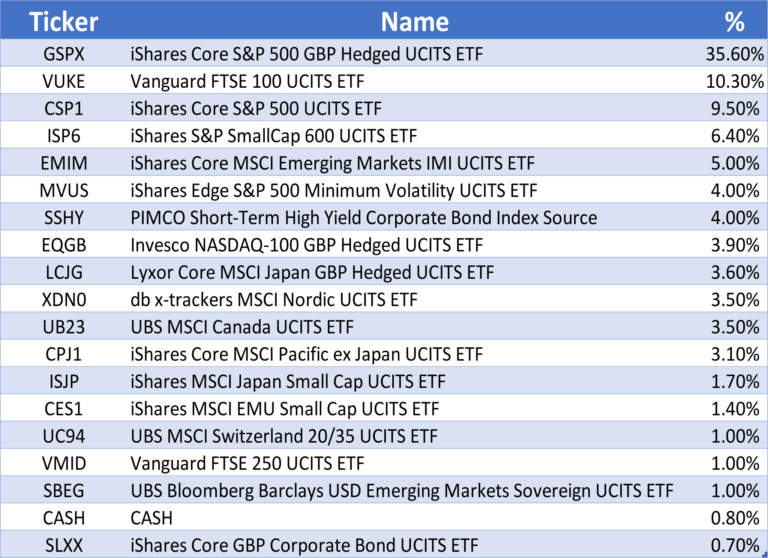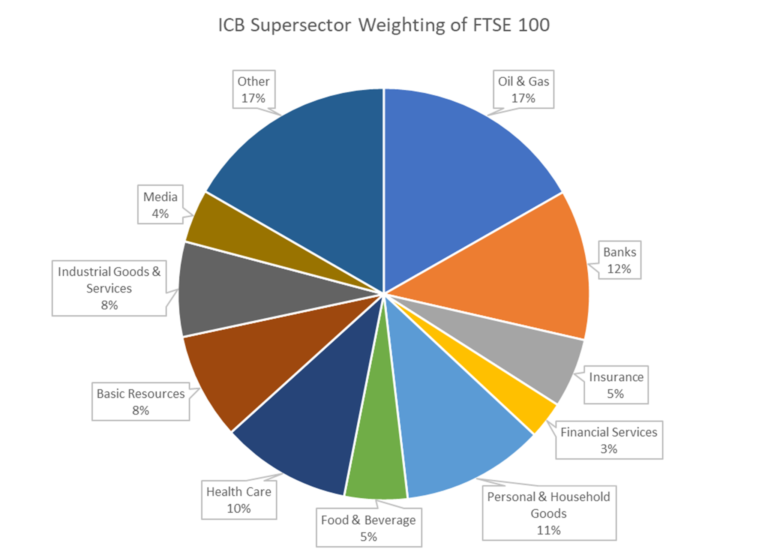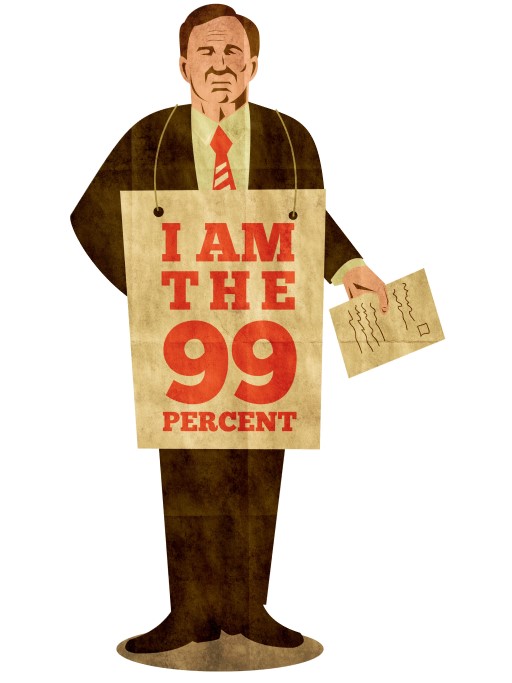Why do you need to be financially free? Ask any of your peers and the majority will cite financial security as their top money goal – security, not freedom. The difference is huge.
Practically all of our peers have different financial objectives to us. Where they are bothered about money at all, they inevitably fall into one of two camps – the “I want to pay my mortgage off” crowd, or the “I want to pay more into my pension” bunch.
We can’t relate to either position. Both are basically saying that they are happy plodding along in their jobs until they are aged 70, and will funnel all spare employment income into financial products that will benefit them in 30 or 40 years’ time.
We are investors because our objective is Financial Freedom – today. Forget being comfortable at age 70. You need to be Financially Free; and here’s why…
Get your investing journey off to a flying start with the links on our Offers page, and which has £hundreds of sign-up bonuses for new users to platforms that we use and love. Enjoy!
YouTube Video > > >
Chasing the wrong goal – job security
We hate the phrases “a job for life” and “safe, secure job”. The people who claim to have such things are claiming to have reached financial security early on in life and are happy to stop there – they do not have ambitions beyond this.
We hate these phrases because they are dangerous. Our fast paced economy and advances in tech means that in modern times there is no such thing as a job for life – that idea should be left in the industrial age where it was born.
What is Financial Freedom
First, we are not talking about being millionaires; only being able to cover your outgoings without having to rely on a paycheck.
Financial freedom is very different, and in our opinion far preferable to, job security.

People who are financially free derive their income from a wide range of assets and businesses that they own.
They laughed in the face of safety and security and took sensible and measured risks to build up huge investment portfolios during their early career years, or started businesses that grew to be self-sustaining.
This income, once established, is called Passive Income, because it comes to the investor or business owner regardless of whether they show up to work or not.
You cannot be sacked or made redundant from your passive income – that’s only something a “safe and secure” job can do to you.
Is Financial Freedom a Realistic Goal?
Absolutely. It won’t happen overnight, and is much harder to achieve than simple job security. All it takes is commitment to the goal over a number of years.
We decided in our 20s that we would be financially free in our 30s. We’re almost there now, but continue to work hard while we still have the drive in order to build our pots even bigger to support a better lifestyle.

How Did We Do It?
We each have large investment portfolios which returns enough to cover the basics, and we have our Money Unshackled business to spread the word about financial freedom and free others from their shackles, which also brings in an income.
Note that we only get income from this business because it works hard for others to help them be free – much like how our stocks and properties work hard for their owners.
So long as the underlying asset or business is sound, it will keep paying you an income that can’t be taken away by a boss.
Why You Need to Be Financially Free
1. Start Making a Difference
When money matters are resolved and your outgoings covered, you can spend your time how you like.
For us, the most meaning we could derive from our lives would be in helping others to become financially free, but for you it could be helping your community, taking up a cause such as campaigning for a greener world, or anything you deem worthy.

Or your time could be spent building up a massive business that gives generously to charity. It’s literally your call.
2. Gain Life Satisfaction
Working for someone else on someone else’s dreams is a non-starter for us, and if you’re watching this, we bet you feel the same way.
Wouldn’t you feel better about your direction in life if you were making money for yourself, and growing your own assets and pet-projects in the process?
We know some jobs do bring life satisfaction such as policing or nursing, and more power to the fanstastic work that these professions do for the rest of us – but the guy running numbers on a bottle factory’s inventory? Does he wake up each morning loving life?
3. Your Time is Precious
Most laugh at this – absurdly in our opinion. When we say we can’t do something because our time is worth more than that, the employee-lifers scoff.

“Time isn’t worth anything” they say. This is coming from a mentality where a salary just pops into their bank account each month regardless of the effort they put in.
But we know that time is everything. You are worth so much more than a wage per hour.
If you spent all your time building a scalable business and investing the returns, you soon wouldn’t have to.
What You Can Do NOW to Be Financially Free
1. Learn to invest – start now, by Learning By Doing
Make your first investment in something lower risk like stock market ETFs or P2P Lending.
A couple of great platforms you could start with are Trading 212 and Ratesetter, linked with sign up bonuses in the description below, with many more on our website.
Being comfortable investing huge sums of money later starts with being comfortable investing small amounts today. Also, you’ll be earning passive income, however small at first, and that is a great feeling indeed.

2. Rethink your career
Are you sure that your 10 year plan to climb 2 levels up the corporate chain is the right plan for you?
What else could you be doing in that decade? Hint: you could start a side hustle business that grows way faster than employment income does and is taxed far less!
3. Set a plan with deadlines
How much passive income do you need before you can leave your job? How much time will be needed to establish this passive income?
Work out how much you need to be investing each month, and then plan how you’ll achieve that target.
Don’t put it off. You need to Financially Free. Start today.
When will you be financially free? Let us know in the comments below.

































